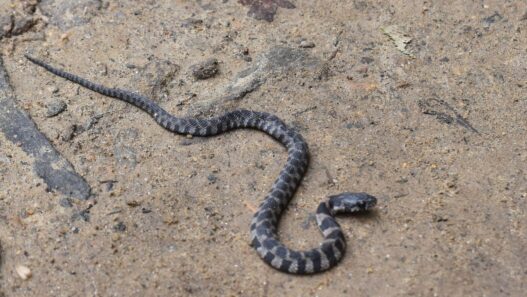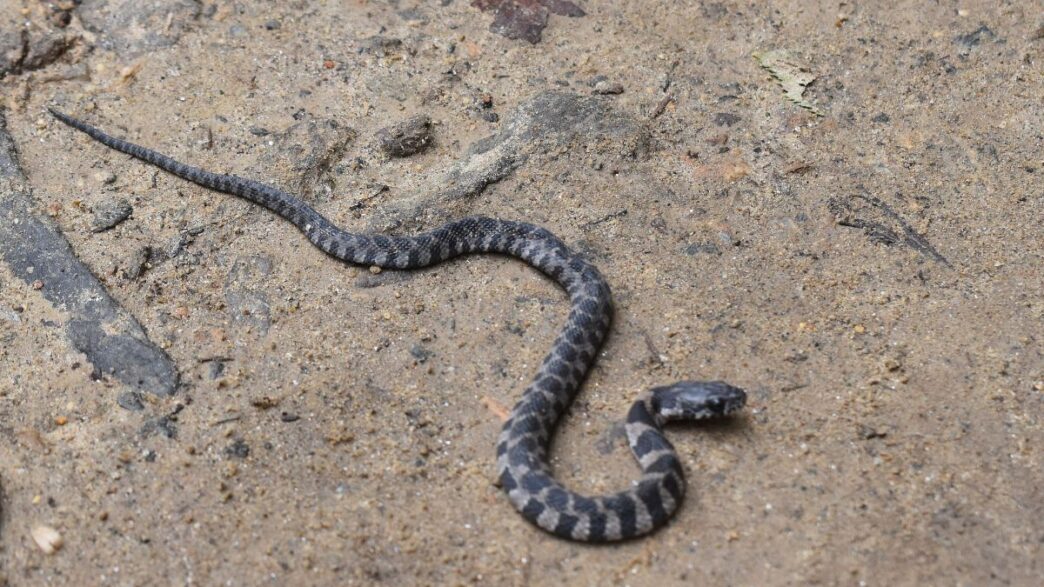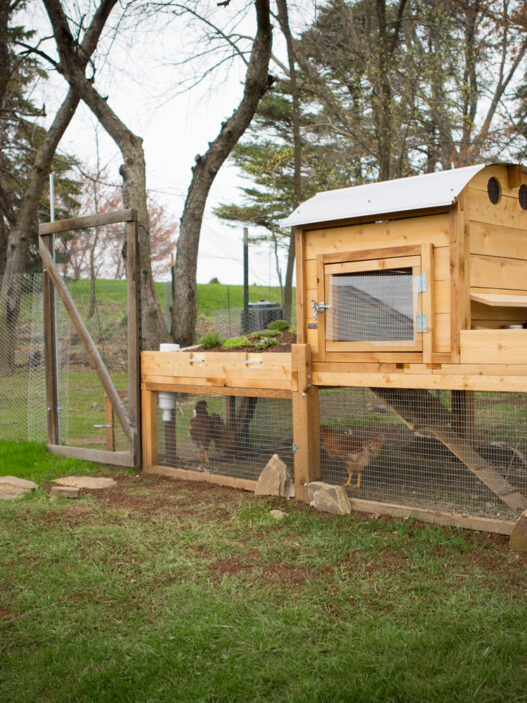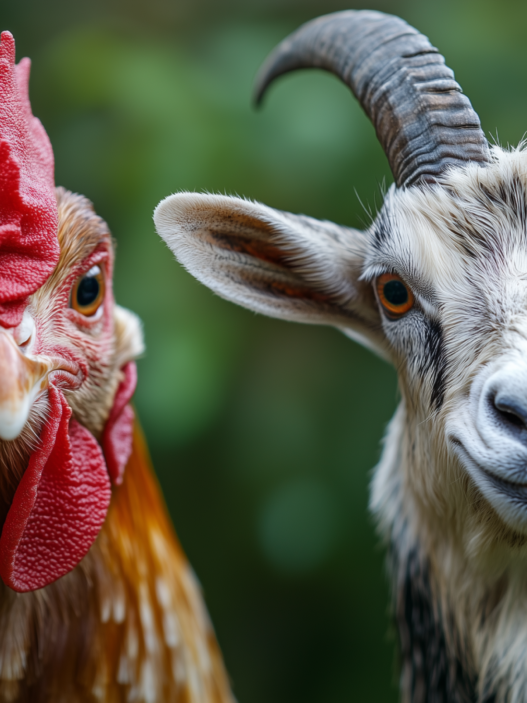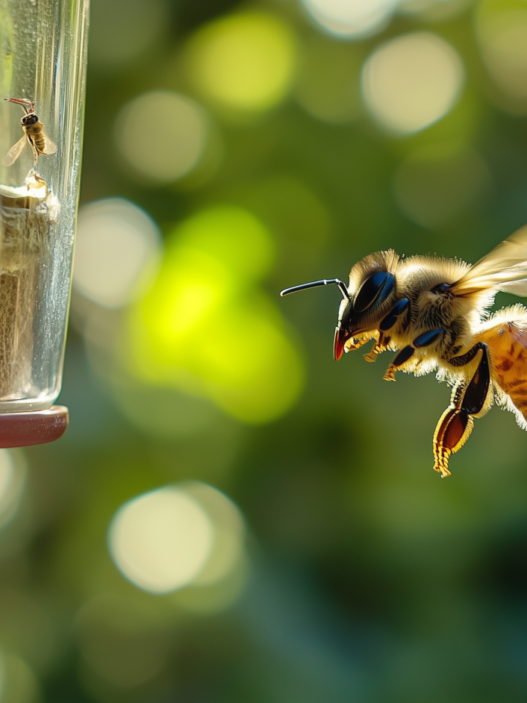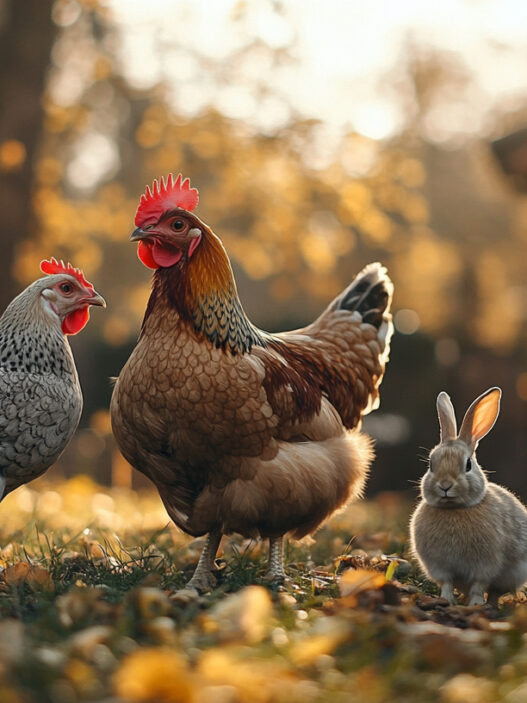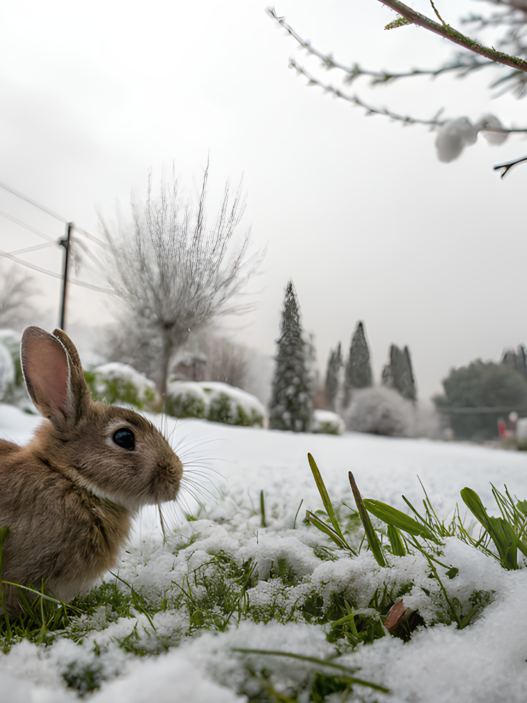Are eggs missing in your chicken coop, and do you think snakes might be eating them? How can you be so sure, and what signs to look for?
I’ve been raising chickens for a long time now, and a few eggs go missing time and again. That gets me really worried. After seeing eggs with small, puncture-like holes, crushed or collapsed eggs, and the absence of eggshells, I realized snakes were eating them.
Other times, I see my chicken with wet heads and missing toes, which also confirms my suspicion that the snakes are the culprit.
So today, I’ll tell you about:
- 7 signs that a snake is eating your chicken eggs
- How do you prevent them from attacking your feathery friends?
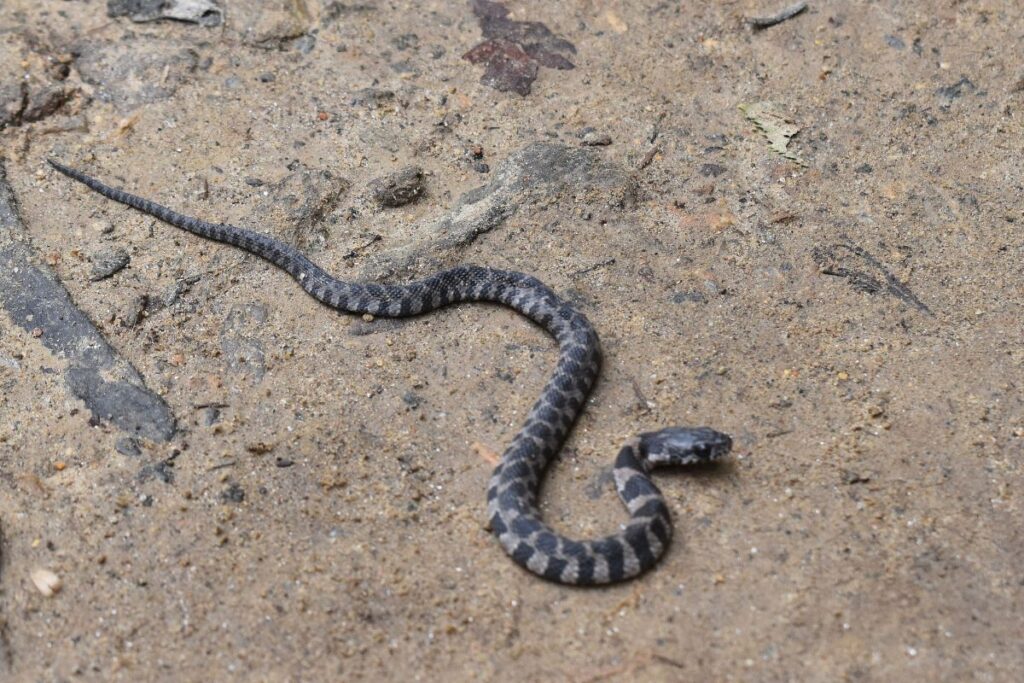
1. Eggs With Holes
If you see small holes in your chicken eggs (almost like tiny punctures), this is a telltale sign that snakes are getting to them. But how to be so sure?
If you don’t know already, snakes are attracted to eggs. This makes the chicken coops the best place to have a meal!
Also, snakes (especially smaller ones) have sharp teeth. They can easily puncture the eggs when they try to eat them.
But don’t fret! You can use a wire mesh or hardware cloth to cover the openings in your chicken coop and fight the snakes.
Just make sure the mesh is tightly secured so they can’t make their way into your chickens’ heaven.
2. Totally Crushed or Collapsed Eggs
Crushed or collapsed chicken eggs are another sign that snakes are causing this mess!
When they try to eat them, they apply pressure with their mouths (and bodies). This can break or squish the eggs (leaving them of no use).
But there is a remedy for it! The raised floor technique!
Here’s the deal: You need to raise the floor of your coop (just a few inches). This way, you’ll create a barrier against these underground invaders and prevent them from digging in.
And that’s not all! Mice and rats also love to exploit any hole they can find. So, by lifting the coop floor, you’re closing the door on these nasty predators forever!
3. Egg Liquid On The Coop Floor
Imagine the day when your chickens lay many eggs, and you’re too happy about it!
But suddenly, after a while, you don’t see any of them except some egg liquid on the coop floor.
That’s a red flag, guys! It says (out and loud) that there’s a snake playing dirty.
Snakes have this habit of swallowing whole eggs and leaving behind some liquid (as proof).
One way to get out of this situation is to gather those eggs as quickly as possible (after your chickens have laid them).
I also use snake repellants in the coop to keep them away from your precious chickens (and eggs, of course).
4. Chickens With No Toes
Seeing something odd when you look at your chickens?
Some of them might not have toes. It seems like a mystery, but let me tell you, it’s not! It’s clearly the work of snakes!
They sneakily enter the chicken coop, attack the toes of your innocent chickens, and injure them badly.
There is a way to make it really hard for the snakes to reach your chicken coop!
Here’s how you do this: Keep the grass short around the coop so that no hiding spots are left for the snakes. This makes it easier for natural snake predators (eagles, hawks, and owls) to spot and catch them and do the job for you.
It’s a tricky (sometimes it works, other times it won’t) but super-effective technique!
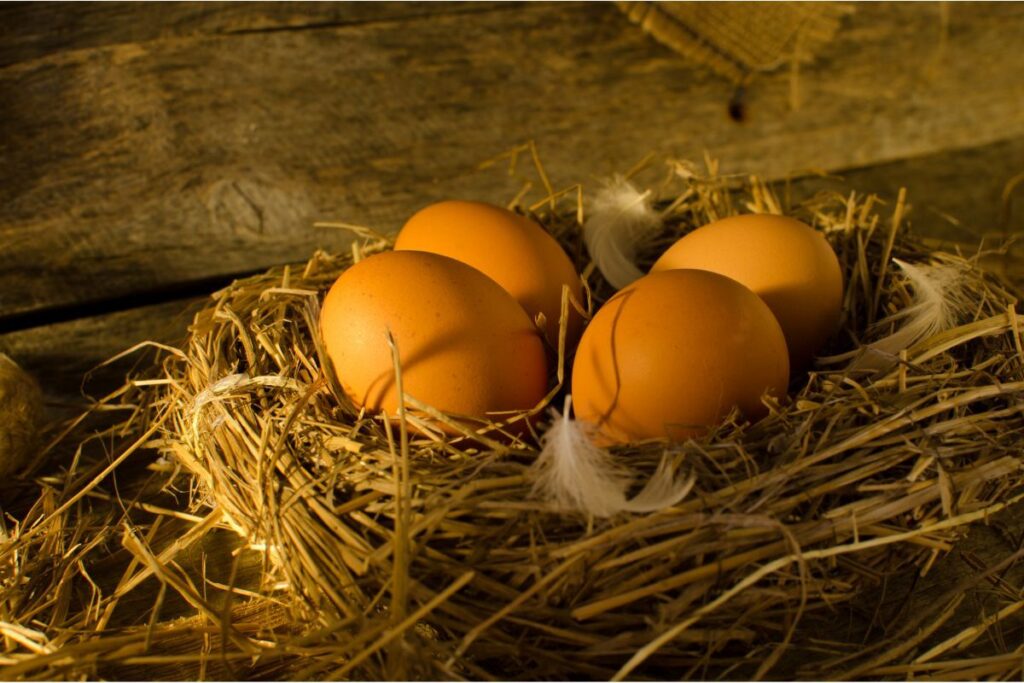
5. Chickens Eating Their Own Eggs
Have you ever caught your chickens eating their own eggs? Strange, right?
Sadly, they do this because they think it’s a way to protect their precious eggs from snakes. They have this sense to keep them safe, even if it means having an unexpected snack.
This happened to me a couple of times, and I grew some plants (the ones that snakes hate) in the chicken coop. I used:
- Lemongrass
- Marigold
- Garlic
- Onion
- Rosemary
- Thyme
All these plants work flawlessly to keep away the snakes and keep the area fragrant. It’s a win-win!
6. Chickens With Wet Heads
When you find a poor feathered friend with a wet head (not because of rain), then snakes are to blame!
They often make their way into the coop and try to swallow the whole chicken. But here’s the twist to the story: If it’s too big for them (a feast they can’t handle), they give up.
This leaves snake saliva on their heads, which makes them wet.
I usually keep my chickens and their eggs safe by bringing in a few animals that will scare these snakes.
For example, Guinea fowl hate snakes and will stand up against them and attack them in the coop. Cats could also be snake-killing champions. They’ll quickly take down most of them with ease!
7. Missing Fake Eggs
I also put fake eggs in my chicken coop to see if snakes are the real reason for stealing my precious chicken eggs.
And guess what? They are! They don’t even spare the fake ones.
To be honest, snakes are dangerous but clumpsy, and can’t tell the difference between real and fake eggs. So, they end up gobbling them, too.
Worried? Let me tell you a simple way to keep them away from your chicken coop.
Simply sprinkle sulfur or cayenne pepper around the edges of your chicken coop. Snakes don’t like the smell of sulfur, and cayenne pepper gives them a spicy kick they would run away from (at all costs).
Final Thoughts!
So, I’ve told you about 7 signs that a snake is eating your chicken eggs. Also, I’ve mentioned some excellent tips and tricks to keep them at bay.
Now, it’s time to snake-proof the chicken coop so that your feathery friends can take a sigh of relief and live a happy and healthy life.
